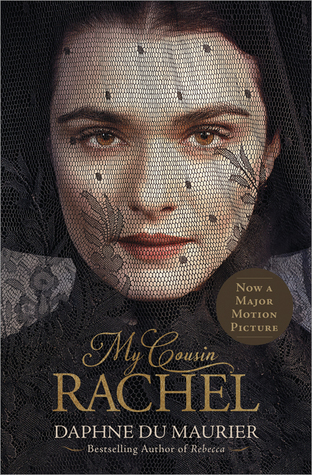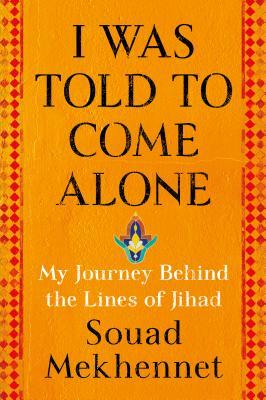July went by so fast! We’re going to start doing something new. A brief recap of the month along with some plans for the next month at the end. (Rough plans, remember. Things change. Often.)
This month we tried something new with reading each other’s favorite books. Next month, we’ll be reading Bonk by Mary Roach.
Caidyn
Well, this month, I read a lot. Like usual. I went on vacation early this month to New York City, so I got quite a bit of reading done. Some highlights of this month were:
- The Wars of the Roses by Dan Jones
- On Tyranny by Timothy Snyder
- Stiff by Mary Roach
- The Trespasser by Tana French
- I Was Told to Come Alone by Souad Mekhennet
- My Cousin Rachel by Daphne du Maurier
I read More Than This by Patrick Ness because of Chantel. It’s her favorite book and it’s certainly a very good one.
Also, I have a personal challenge of reading all the Sherlock Holmes books/short stories. This month, I wrapped up volume one of my set with The Hound of the Baskerville. August, I’ll be starting to read The Return of Sherlock Holmes.
Next month, I’ll be reading many things like usual. I have two ARCs on my plate (The Heart’s Invisible Furies and Crazed) that I need to read in August. I also was requested to read a book, 1066 & The Battle of Hastings, by Charlie Fenton, so I plan on doing that this month. As for the rest, my tentative list is this:
Tash Hearts Tolstoy by Kathryn Ormsbee- The Reader by Bernhard Schlink
Strange the Dreamer by Laini TaylorThe Black Witch by Laurie Forest- Age of Anger by Pankaj Mishra
Chantel
In July I was bogged down by the behemoth that is The Book Thief by Marcus Zuzak which was Caidyn’s choice for me this month. We both picked our favorite novels and assigned them to each other.
Since I spent most of the month focusing on The Book Thief, I only read two other books. Queens of Geek by Jen Wilde and Every Heart a Doorway by Seanan McGuire. I really enjoyed both books and even gave Queens of Geek five stars. Every Heart a Doorway was a delight to read as well and featured an asexual main character which I absolutely loved. I would recommend both books and I’m glad I finally was able to mark them both off of my TBR.
Tentative TBR:
A Gentleman’s Guide to Vice and Virtue by Mackenzi Lee- King of Thorns by Mark Lawrence
- Station Eleven by Emily St. John Mandel
The Seafarer’s Kiss by Julia EmberJuliet Takes a Breath by Gabby Rivera
Will I read all of these in August? Probably not, since Bonk is also on there, but I’ll definitely try to have most of them read by the end of the month. We’ll see how it goes!









You must be logged in to post a comment.